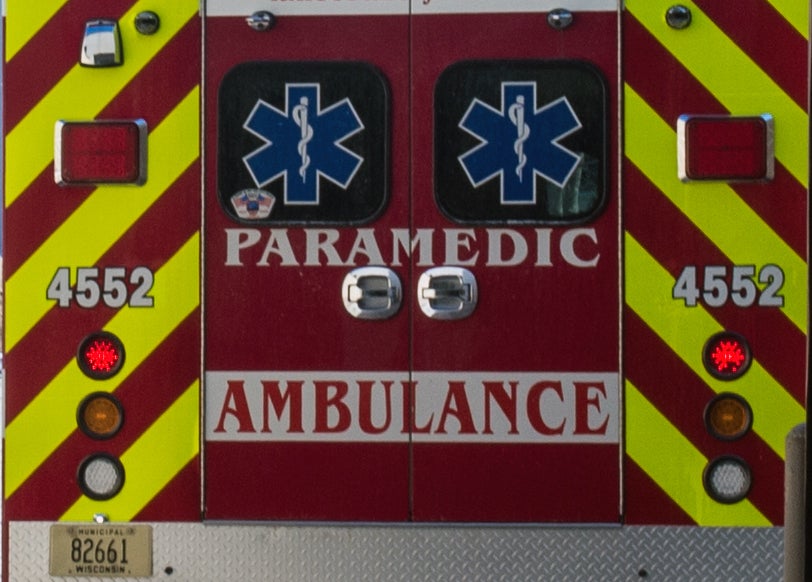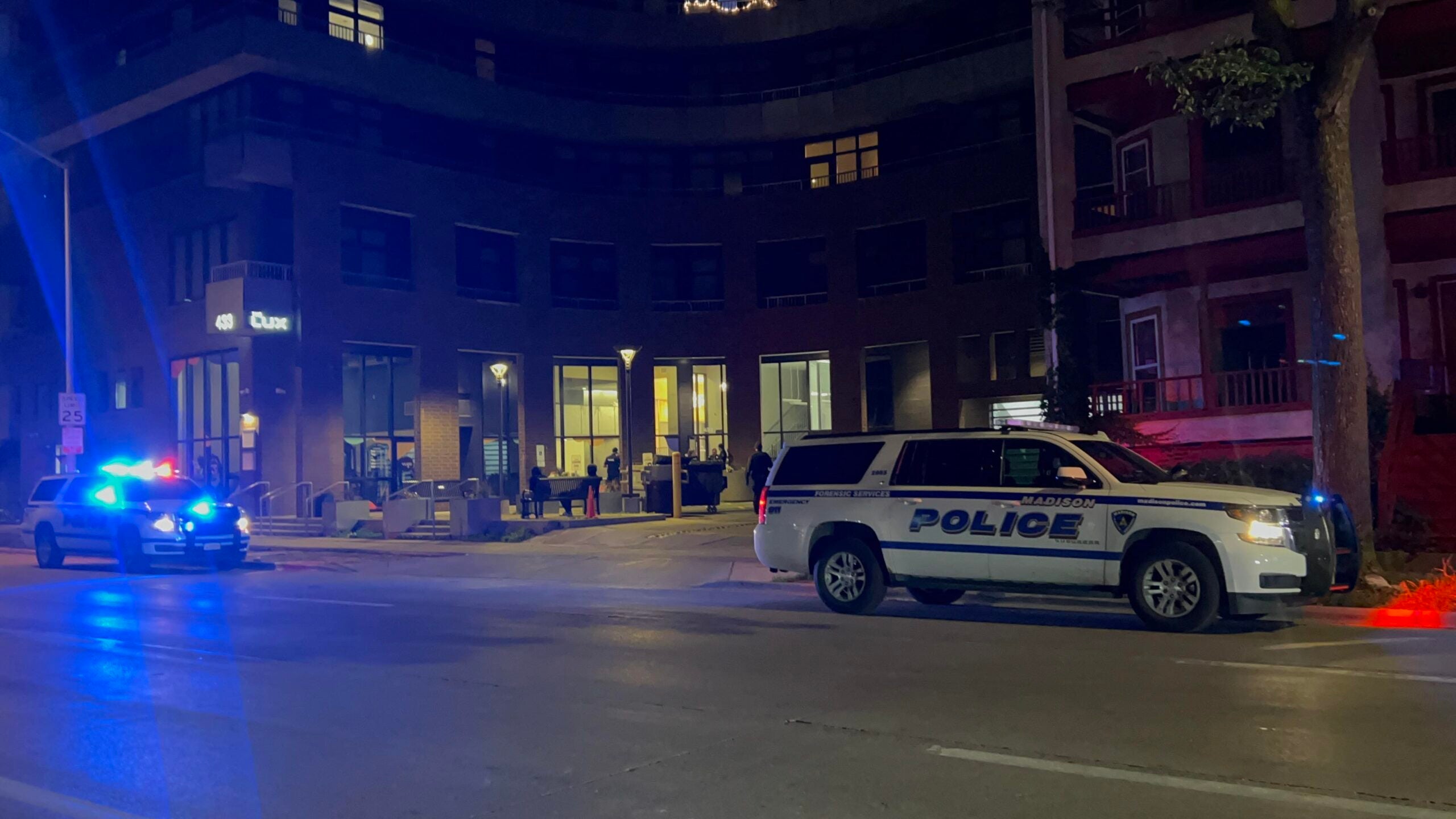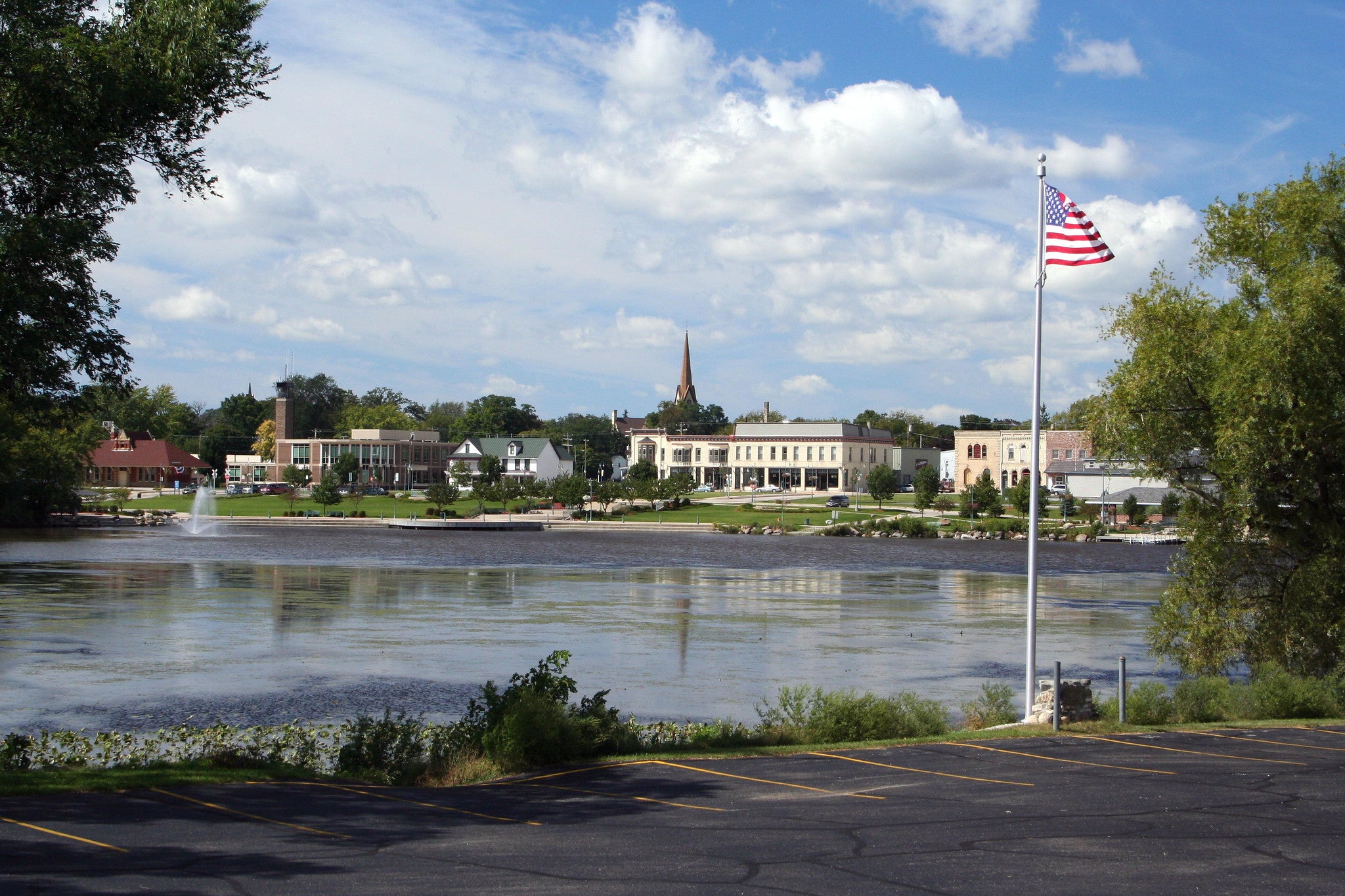The COVID-19 pandemic saw the rise of live-streamed court proceedings, virtual job interviews and telehealth appointments.
That shift inspired Madison’s police chief to try out tele-policing.
The Capitol city’s police department launched a virtual response unit this week. Now, someone reporting a non-emergency crime has the option to chat with a uniformed police officer over Zoom.
News with a little more humanity
WPR’s “Wisconsin Today” newsletter keeps you connected to the state you love without feeling overwhelmed. No paywall. No agenda. No corporate filter.
Police Chief Shon Barnes said the video chat feature preserves the nuances of face-to-face communication while reducing the physical presence of police in neighborhoods.
“Some people, quite frankly, want to talk to a police officer about an issue,” Barnes said. “But they necessarily do not want a police car parked in front of their home or their business.”
Barnes said virtual response could work well for non-urgent issues, giving examples like a stolen flowerpot or a damaged mailbox. He said people could still choose to report a crime in other ways, such as over the phone, by filing a report online or by requesting that an officer be dispatched to their location.
“We haven’t taken anything from our community members, we’ve only added another option for people,” Barnes said.
For now, officers assigned to light duty are staffing virtual response stations at each of Madison’s six policing districts. But Barnes anticipates the unit could be expanded in the future to allow officers to work from home — an option he said he believes will be especially beneficial to officers who are nursing infants or recovering from COVID-19.
Since the start of the pandemic, at least a handful of police departments across the country have expanded virtual crime reporting. In 2020, police in Norfolk, Virginia started responding to calls using the video-conferencing platform WebEx.
In Norfolk, people were often hesitant about using the video option when it first launched — in part, because they had to download an external application, said Madison Digital Media Specialist Stephan Precourt.
“We tried to avoid those pitfalls,” said Precourt, who interviewed Norfolk officials while developing Madison’s program.
Downloading the Zoom app isn’t necessary for using Madison’s virtual response program. Each interview is assigned a unique Zoom link, and there’s no option to record calls or use text chat. Officers can take screenshots — something that could be useful if a resident pans their camera over the scene of vandalism, for example.
“I tried to make it as fluid as I could, while maintaining that security aspect,” Precourt said.
Since many of the calls police receive aren’t urgent in nature, Madison’s new unit has the potential to improve efficiency, said Mike Scott, who leads the Center for Problem-Oriented Policing at Arizona State University.
“All the time that you can conserve in providing that service remotely and via alternatives frees up officers’ time to respond more quickly in-person to the emergency calls, and also more time in the community, working on preventing crime and dealing with the chronic problems of any community,” said Scott, who formerly worked as a Madison police officer. “Those are things that are difficult to do when officers feel like they’re constantly racing from one minor call to another.”
Wisconsin Public Radio, © Copyright 2026, Board of Regents of the University of Wisconsin System and Wisconsin Educational Communications Board.







